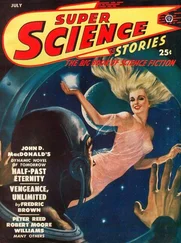He wondered how long it would be until the thin line of men came up the hill. Not until afternoon, probably.
The sun was high when he saw the car. He knew the moment it came in sight that it was the car. An ancient touring car. Fifty feet up the hill from where he crouched, a faint unused road cut off at an angle.
The only thing that could ruin his plan would be a car overtaking this one, or coming from the other direction at the wrong time. He tried to listen through the chugging of the old car, tried to hear other motors. There was nothing but silence.
Part way up the hill the driver shifted. As the tense watcher expected, the car continued, but at a very slow rate.
Lifting himself, he waited on his toes and knuckles like a track star. When the car was opposite him, he bounded forward, ran three steps parallel to it and then jumped onto the running board, leaning in across the woman to hold his revolver on the pasty driver. The driver stared at him.
The convict said, “Do as I say and you won’t get hurt — much... Turn in right up here.”
The driver did as he was told. The car swayed and bounced on the uneven track, the grass scraping the underside.
When they were away from the highway, out of sight of any passing car, the driver looked at him again. “Stop here,” he said.
The two towheaded children perched on the luggage in the back seat stared at him with round blue eyes. One was a girl of three or four, and the other was a boy of about nine.
They had their mother’s coloring. She sat, slack and bewildered, in the front seat, a baby in her arms. She had a look of acrid poverty about her.
“Sit right there and keep the kids still,” he told her, “or you won’t see your man again. Come on, you.”
He forced the driver ahead of him with the gun, walking him off into the brush. When they were out of sight of the car, he tripped the man so that he fell heavily. The driver was a bigger man than the man with the gun, but he trembled with fear and shock.
“Take off your clothes,” he said.
The man’s trembling hands fumbled with his shirt buttons. It was a blue work shirt, sodden at the armpits... The clothes were in a heap and the man lay quivering on the pine needles. He had a second to cry out, but he didn’t.
Once the heavy barrel of the revolver smashed down against the bridge of his nose, there was no sound except the drone of the insects, the distant roar of traffic and the monotonous thud of the heavy gun on helpless flesh, on splintering bone... The familiar red mist faded away and he looked down at the dead driver of the car.
The clothes fit reasonably well once he had tightened the belt to the last notch. The worn blackened wallet contained thirty-three dollars and a union card saying that the bearer was Andrew Robelan, a machinist.
He smeared the blood off the gun barrel onto a handful of leaves and went back to the car. The woman was sitting as he had left her.
He got behind the wheel and started the car.
“Where is he? What did you do to him?”
“I tied him up. He’ll be okay.”
He reached over, took the baby out of her arms, put it between them, its head toward the gearshift. It was asleep.
The motor was noisy. He shouted at the woman, “One wrong move from you or from those kids in the back and I’ll—”
He held his clenched fist over the baby’s head on the car seat. She nodded, chewing at her underlip.
Backing the car out onto the highway, he put it into low gear and labored up what remained of the hill. The little girl in the back seat began to sob. The woman turned and reached back, patted the child. At his snarled request, she stopped, but she still kept her face turned, her eyes on the two in the back. When he glanced at her, her lips were moving and he wondered if she was praying. Prayer wasn’t going to do her much good. Not as far as her husband was concerned.
The road block was in the flats a half mile from the foot of the hill. As he took his foot from the gas pedal, shifted it to the brake, he said, “Not a peep out of you, sister. If they ask questions, I do the talking.”
The car wheezed to a stop and the two troopers, their faces grim, stepped up, one on each side.
He gave the answers in a calm, almost bored voice. “I’m Andrew Robelan. I’m a machinist. We’re going to Florida.” They wanted to see identification. He showed them the card. But he held it with his left hand. The gun was under the front seat, but in position for a quick hand to grasp it. He kept his right hand on his thigh, inches from the head of the sleeping baby.
The troopers waved them on. He wanted to laugh with crazy glee. The clatter of the old motor was a song of triumph. He felt bigger than life size, enormous with cleverness. Ahead the road was open and free.
She was praying again.
They were on a three-lane highway. Suddenly the world exploded around him, smashing into dark flame and bitter lights. He was dimly conscious of sagging toward the wheel, of her hand reaching out to grasp the wheel. He tried to push himself back up, but the second crushing blow drove him back into utter blackness.
It was dusk when he came to. He was on a cot and his hands were up over his head. When he tried to move them he found that he was handcuffed to a steam pipe that ran down the wall.
The clink of chain on metal brought a big trooper into the room. He clicked on the light and looked down with an expression that indicated both satisfaction and disgust.
“You’re going to keep a date, Johnny,” the trooper said.
He cursed the trooper, infuriated by the man’s grin. But in the middle of the cursing, he stopped and frowned.
“What happened?” he asked. “What went wrong?”
“You didn’t ask enough questions, Johnny. You took too much for granted. You had a hell of a fine plan and you made us look like suckers, but you weren’t as smart as that beat-down Mrs. Robelan.”
“I don’t get it.”
“I’ll tell you just to watch your face. Mrs. Robelan gets the reward money, you know. You should have found out more about them, Johnny. If you knew more about them, you’d know how she told the kid to slug you on the head with the wrench that was on the floor in the back.”
“She didn’t open her yap!” he said.
“Sure she did, Johnny. Sure she did.”
And suddenly Johnny knew. He heard the trooper’s words of explanation through the roaring in his ears.
“Yeah, the old lady, the baby and the little girl are okay, but the old man and the boy were deaf-mutes. They both could read lips. She told him to hit you without making a sound.”
Johnny turned his face to the wall.
Death for Sale
(“My Mission Is Murder,” Dime Detective , November 1947)
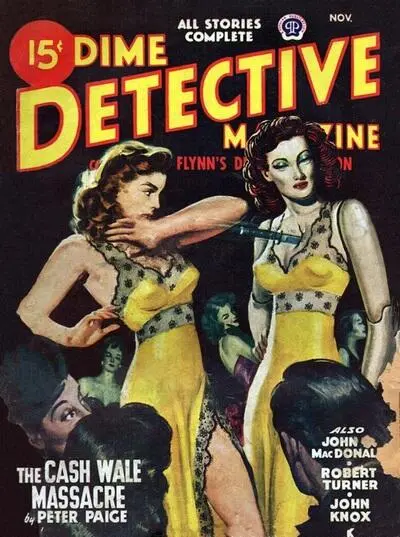
On the way to the hotel he sat in the back of the taxi, a broad, sullen-looking man, searching inside of himself for the sense of satisfaction that should be his. There was nothing there but weariness — a dejection compounded of the solid year of search. From the beginning he had known he would win, one day. The perennial cliché of the ever-narrowing world drifted through his mind, and he smiled. No, there is no haven in this world for a man who is hunted.
Once upon a time there had been hiding places. The Foreign Legion, the lonely cattle camps along the Amazon, the fields north of Kimberley. But this is a day of fingerprints, forms, visas, permits, regulations — statistical control of population. “And what is your reason for desiring entrance to this country, monsieur?” “How long do you intend to stay, sahib?” “How do you intend to support yourself, Señor?”
Читать дальше
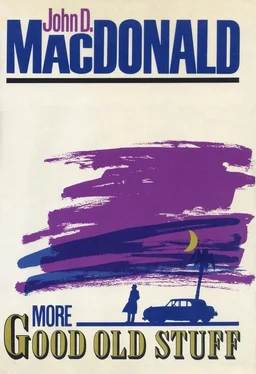

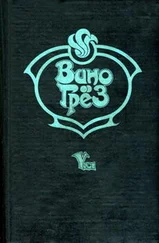
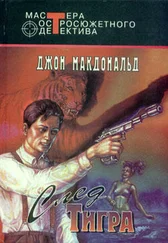
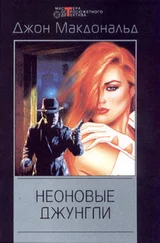
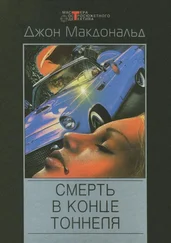
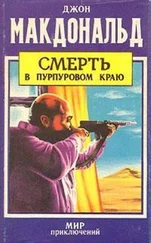



![Джон Макдональд - Wine of the Dreamers [= Planet of the Dreamers]](/books/430039/dzhon-makdonald-wine-of-the-dreamers-planet-of-thumb.webp)

